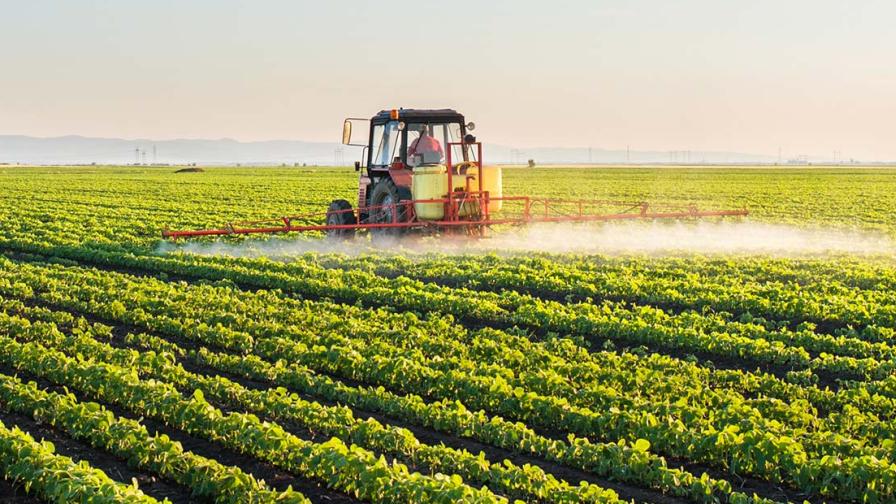



Article by: Hari Yellina
The crop protection industry is keeping a tight eye on worldwide glyphosate supplies after Bayer was forced to declare a Force Majeure event after one of its raw material suppliers had a significant technical failure in its facility. Force majeure is a legal word that refers to unanticipated circumstances that prevent someone from performing their obligations under a contract. Bayer’s worldwide head of active ingredient manufacturing, Udo Schneider, warned in a statement that the company’s capacity to supply glyphosate or glyphosate-based products to customers as agreed could be harmed.
However, there was some good news on the ground, with a Bayer Australia spokeswoman stating that the announcement will not impact glyphosate supply to Australia for the crucial autumn planting window. While the announcement does not pose the same immediate threat to Australian glyphosate supply as it did when Monsanto, now part of Bayer, had the pesticide patent, there are still substantial implications. Due to tough trade patterns, the effects of the pandemic, and other variables, the global crop protection business is experiencing historically restricted supply, putting even more strain on already tight supplies. Further disruptions to the supply chain will put even more burden on the market.
According to a Bayer spokesman, the business is working with customers to help manage supplies in order to best fulfil their demands as well as those of Australian growers. “We are currently working to understand if there are any immediate implications for Australian customers and growers and will be providing more information as soon as possible,” the spokesperson said. According to news estimates, the problems at the raw materials plant could last up to three months.
On top of the mechanical failure, the company is also dealing with supply chain issues due to the global pandemic. Supply chain issues have been a major concern for the agriculture industry this year. “Our supplier is on track to restore production, (and) we’ve sourced additional materials and made other mitigation efforts to help the best manage this situation,” the company said in a statement. Farmers are adjusting their plans to reduce their need for glyphosate.